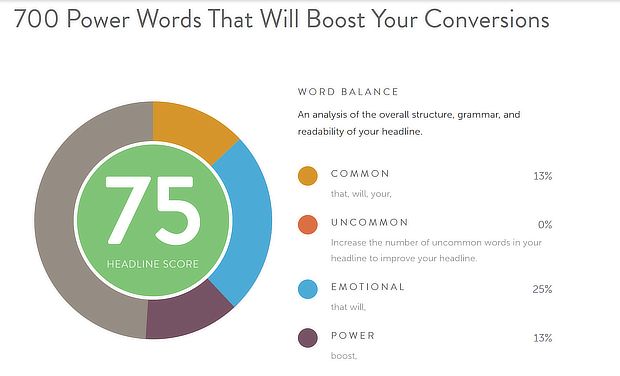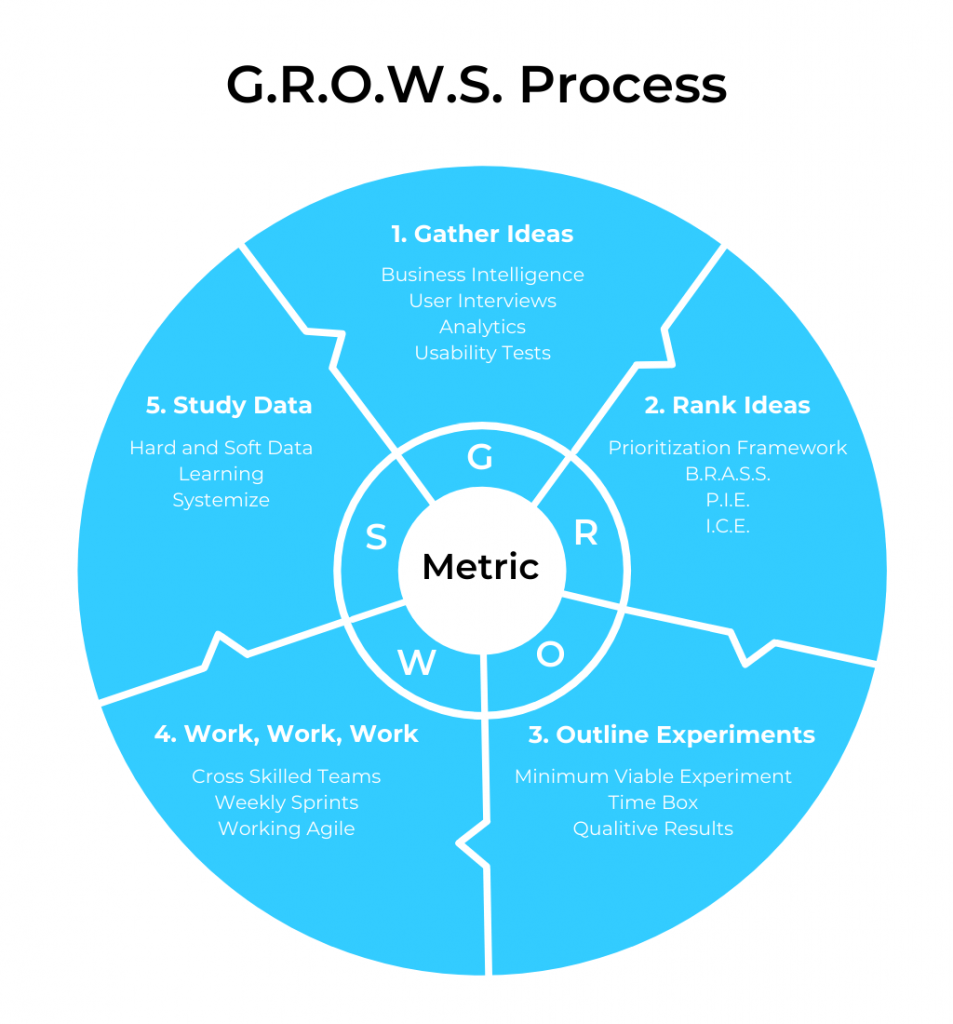
Growth hacking is a term used to describe the process of utilizing unconventional methods to rapidly grow and expand a business. This strategy is becoming increasingly popular in the real estate industry, as property owners and brokers aim to boost their sales and increase their revenue. In this article, we will explore the top five growth hacking strategies for real estate, so you can unlock your property’s potential and achieve long-term success.
Understanding Growth Hacking in Real Estate
In order to effectively implement growth hacking strategies in real estate, it’s important to have a clear understanding of what growth hacking is and how it can benefit your business.
Growth hacking involves the use of data-driven marketing techniques, automation, and creativity to rapidly grow a business. It focuses on identifying the key growth drivers and implementing strategies to rapidly scale a business.
One way to implement growth hacking in real estate is by leveraging social media. Social media platforms such as Facebook, Instagram, and LinkedIn are powerful tools for reaching a large audience quickly and inexpensively. By creating engaging content and using targeted advertising, real estate businesses can reach potential customers in a more personalized way.
Another growth hacking strategy that can be effective in real estate is utilizing search engine optimization (SEO) techniques. By optimizing their website and content for relevant search terms, real estate businesses can increase their visibility in search engine results pages (SERPs) and attract more organic traffic to their site.
Why is Growth Hacking Important in Real Estate?
Real estate is a highly competitive industry, and growth hacking can help property owners and brokers garner more attention, generate more leads, and increase sales. By utilizing growth hacking strategies, real estate businesses can quickly expand their reach and increase their revenue.
In addition to social media and SEO, there are other growth hacking techniques that can be effective in real estate. For example, creating referral programs can incentivize current customers to refer their friends and family to a real estate business. This can lead to a steady stream of new leads and customers without the need for expensive advertising campaigns.
Another growth hacking technique is to utilize email marketing. By creating targeted email campaigns and automating the process, real estate businesses can reach potential customers in a more personalized way and increase their chances of converting leads into sales.
Overall, growth hacking is an important strategy for real estate businesses looking to stay competitive and grow their revenue. By utilizing data-driven marketing techniques, automation, and creativity, real estate businesses can quickly expand their reach and increase their sales.
Strategy 1: Utilizing Social Media Platforms
Social media is an essential tool in today’s digital age, and it presents a unique opportunity for real estate businesses to reach and engage with their target audience.
Choosing the Right Social Media Channels
Each social media platform has its own unique audience and purpose, and it’s important to choose the channels that will best resonate with your target audience. For example, Facebook and Instagram are great platforms for showcasing visually appealing properties, while LinkedIn is ideal for more professional interactions.
Creating Engaging and Shareable Content
To maximize the impact of social media, real estate businesses must create engaging and shareable content that will capture the attention of their audience and encourage them to share it with their own followers. This can include high-quality photos and videos of properties, informative blog posts, and interactive quizzes or contests.
Leveraging Influencers and Partnerships
Partnering with influencers or other businesses in related industries can help real estate businesses expand their reach and attract new customers. For example, collaborating with a local interior design company to create stunning staging for a property can help attract more attention and generate more leads.

Strategy 2: Implementing Content Marketing
Content marketing involves the creation and distribution of valuable, informative, and entertaining content that will attract and engage a target audience.
Developing a Content Strategy
Before creating content, it’s important to develop a clear content strategy that defines the goals, target audience, and types of content that will be created. This can include blog posts, videos, podcasts, and infographics.
Types of Content for Real Estate
Real estate businesses can create a variety of content types to engage with their audience, including property listings, neighborhood guides, and market reports. By providing valuable information to their audience, real estate businesses can position themselves as experts in the industry and build trust with potential customers.
Measuring Content Marketing Success
To ensure the effectiveness of a content marketing strategy, it’s important to track and analyze metrics such as website traffic, social media engagement, and lead generation. By consistently measuring the success of content marketing efforts, real estate businesses can optimize their strategies and refine their approach over time.
Strategy 3: Optimizing Your Website for Search Engines
In today’s digital world, it’s essential for real estate businesses to have a strong online presence, and that begins with optimizing their website for search engines.
Importance of SEO in Real Estate
Search engine optimization (SEO) involves the use of techniques that help a website rank higher in search engine results pages (SERPs). In the real estate industry, SEO can help businesses attract more qualified leads and increase sales.
On-Page and Off-Page SEO Techniques
To optimize a website for SEO, businesses must utilize both on-page and off-page techniques. On-page techniques include optimizing title tags, headers, and meta descriptions, while off-page techniques involve building backlinks and establishing the website’s authority.
Tracking and Analyzing SEO Performance
Tracking and analyzing key metrics such as keyword rankings, organic traffic, and conversion rates can help real estate businesses to measure the effectiveness of their SEO efforts. With this information, businesses can make informed decisions about their SEO strategy and refine their approach over time.
Strategy 4: Utilizing Virtual and Augmented Reality
Virtual reality (VR) and augmented reality (AR) technologies are becoming increasingly popular in the real estate industry, as they provide a unique and immersive way for potential buyers to experience a property.

Creating a Virtual Property Tour
By creating a virtual property tour using VR technology, real estate businesses can allow potential buyers to explore a property from the comfort of their own home. This can save time and resources for both the buyer and the seller, and can help to generate more qualified leads.
Using AR for Property Staging
Augmented reality technology can also be used to virtually stage a property, allowing potential buyers to see what a property could look like with different furnishings and decor. This can help to showcase a property’s potential and generate more interest from potential buyers.
Strategy 5: Leveraging Email Marketing
Email marketing can be a highly effective way to engage with potential buyers and keep them informed about new properties and market trends.
Segmenting an Email List
By segmenting an email list based on factors such as location, property type, and interests, real estate businesses can send targeted and personalized emails that are more likely to resonate with recipients.
Creating Compelling Email Content
To maximize the effectiveness of email marketing, real estate businesses must create compelling and informative content that will capture the attention of recipients. This can include new property listings, market reports, and informative blog posts.
Tracking and Analyzing Email Marketing Results
Tracking and analyzing metrics such as open rates, click-through rates, and conversion rates can help real estate businesses to measure the effectiveness of their email marketing efforts. With this information, businesses can refine their approach and optimize their email marketing strategy over time.
Unlock Your Property’s Potential
By implementing these top five growth hacking strategies for real estate, you can unlock your property’s potential and achieve long-term success. Whether you’re just starting out in the industry or looking to take your business to the next level, these strategies can help you to expand your reach, attract more qualified leads, and increase your revenue.
